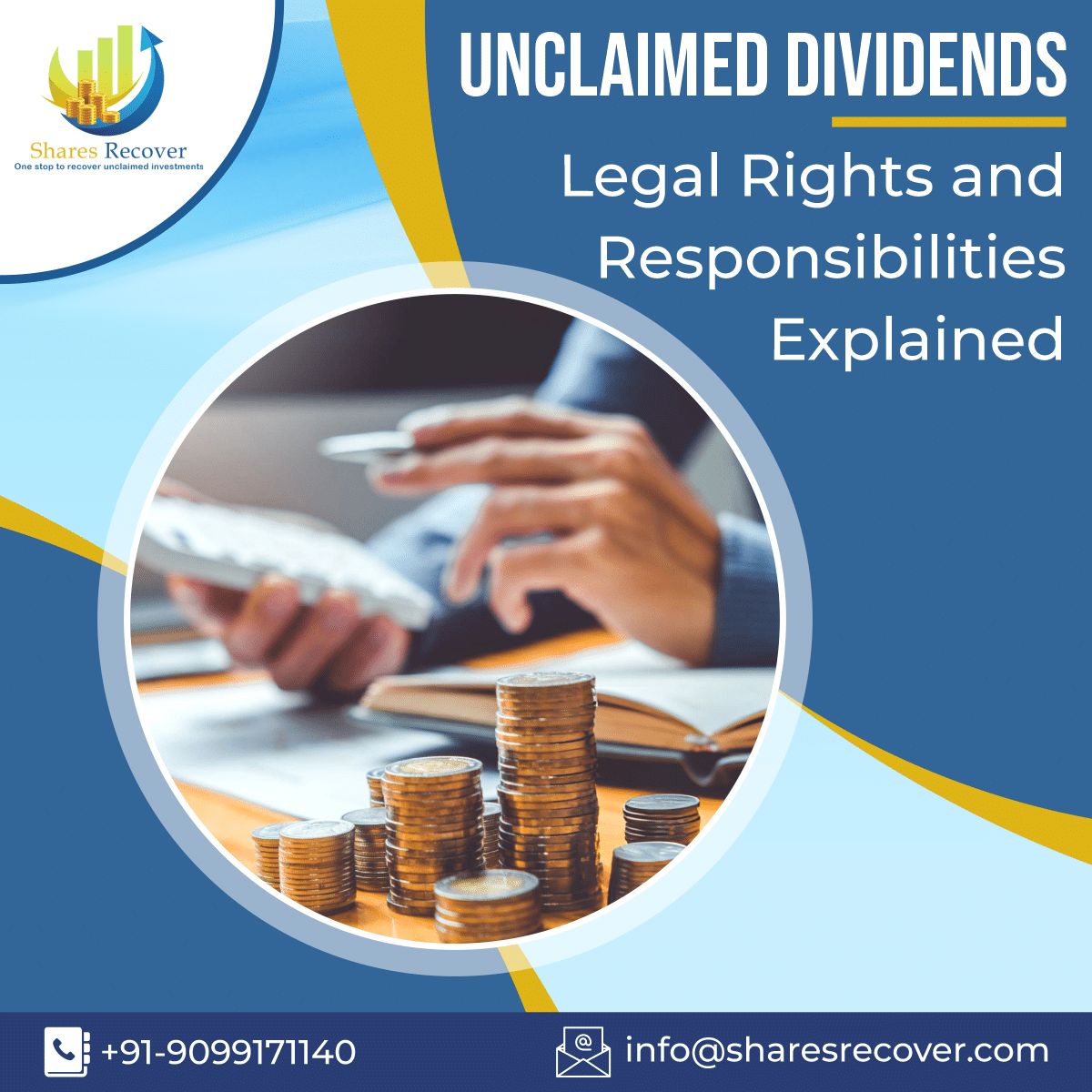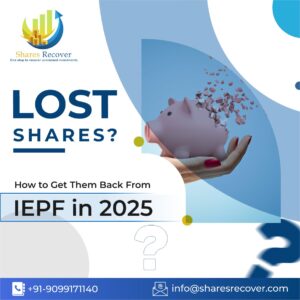Unclaimed dividends are yet another major but underestimated part of both company finance and shareholders’ rights. In the case of dividends, it is expected that when ‘paid out’ to shareholders, the funds will be retrieved and used in line with its objective. However, in many situations, people fail to claim their dividends for various reasons, such as changes in address details, shareholders’s carelessness, or the company’s mistake. It is very important for both investors and companies to have adequate knowledge regarding the laws that govern unclaimed dividends. Getting to know the nature, consequences, and opportunities of unnamed dividends will be the main aim of work geared towards producing this guide.
What are Unclaimed Dividends?
Unclaimed dividends, on the other hand, refer to dividends declared by the company but which have not been collected by the shareholders. These can even build up because of various reasons, such as shareholders may not update their address or other contact details or shareholders may not be aware of their rights to receive dividends. The Companies Act of 2013 in India also states that any unnamed dividends for a period of seven years starting from the date of declaration are to be transferred to the IEPF or IEPF claims.
Unrealized dividends are not only the missed chances for the shareholders but also challenges in the administrative realm for the companies. Even when dividends are not claimed by shareholders, they still remain in the company’s account, and this results in more accounting and reporting work. These funds have to be closely monitored and managed to ensure they are correct and that the companies meet the set regulations besides answering to the shareholders.
The Role of Financial Consultants
Unclaimed dividends are also handled by financial consultants, and this makes the work very important. Their skills are useful in decoding and explaining various financial laws and policies that affect corporations and shareholders. The self-employment wishes for shareholders various financial consultants to advise on how to recover unnamed dividends and where to search for them. They can help the shareholders by writing to the company to update them on some of their information, which may be helpful in avoiding losses as more future dividends are declared.
To the firms, the financial consultants reveal ways of managing unnamed dividends since it turns out to be a cumbersome task. It is able to assist in establishing ways of tracking the payments of the dividends and the communication with the shareholders. Apart from preventing a situation where dividends end up being unclaimed, it also helps to avoid non-compliance with the law.
Legal Rights and Responsibilities
Shareholders’ liability is not limited to the shareholders or the company, but the shareholders have the legal right to demand dividends that have been declared yet the company has not paid. As a result of the legislation, companies are under the legal duty to make certain that all the dividend that was to be paid is delivered to the shareholders and to ensure that the issues of unclaimed dividends are effectively handled. As stated under the Companies Act, if the dividends are not claimed within a stipulated period, then such an amount has to be transferred to IEPF.
At the same time, the companies should keep the records of their shareholders and payments of dividends to them adequately. They are required to take all the measures to reach the shareholders who have not claimed their dividends and give straightforward guidelines on how to receive the money.
For professional financial consultants, it would be critical to have these legal aspects in mind in order to be able to advise and come up with the best solutions for the clients.
Conclusion
Unclaimed dividends are a rather specific issue in the field of the management of the rights and obligations of an organization. It is likewise important for shareholders to be aware of their dividend restraints, while for the company, it becomes equally important to balance the budgets well to meet the legal requirements. Financial consultants play an important role in providing a link between shareholders and firms with regard to matters concerning unnamed dividends and making sure that all parties involved are aware of their entitlements and obligations. For persons desiring services related to unclaimed dividends, “Shares Recover” provides professional services in tackling these problems and gaining back the lost dividends.
FAQs
1. Can I claim unclaimed dividends from companies I no longer hold shares in?
Yes, you can. Even if you’ve sold your shares in a company, you may still be entitled to unclaimed dividends if they were declared before you sold the shares. However, you’ll need to provide proof of ownership at the time the dividends were declared.
2. What happens if a company goes bankrupt and has unclaimed dividends?
In the event of a company’s bankruptcy, unclaimed dividends may become part of the bankruptcy estate. Creditors and shareholders will typically have to follow the bankruptcy court’s procedures to claim their funds.
3. Can I claim unclaimed dividends from deceased relatives?
Yes, if you are the legal heir of a deceased shareholder, you can claim their unclaimed dividends. You’ll need to provide documentation proving your relationship to the deceased and your right to inherit their assets.
4. Are there any fees associated with claiming unclaimed dividends?
Some companies or government agencies may charge fees for processing unclaimed dividend claims. However, these fees should be reasonable and disclosed upfront. If you encounter excessive or unexpected fees, it’s advisable to consult with a financial advisor or legal professional.
5. How often should I check for unclaimed dividends?
It’s a good practice to periodically check for unclaimed dividends, especially if you’ve had multiple investments over the years. You can use online resources or contact the companies directly to inquire about any unclaimed funds.





